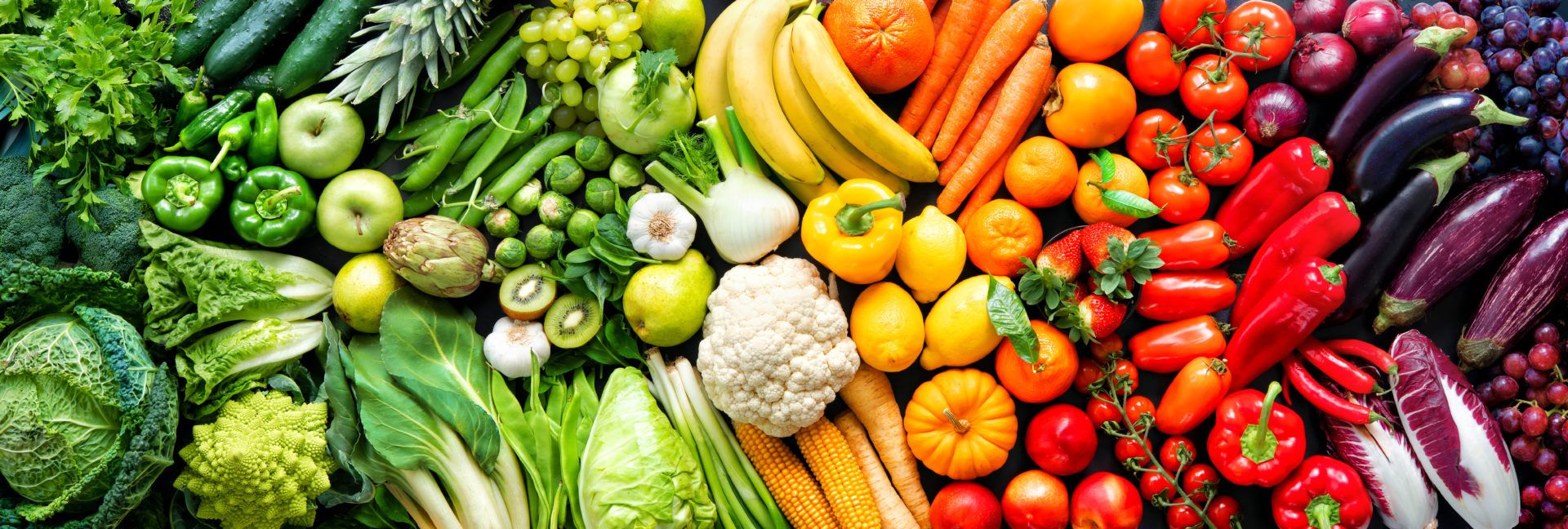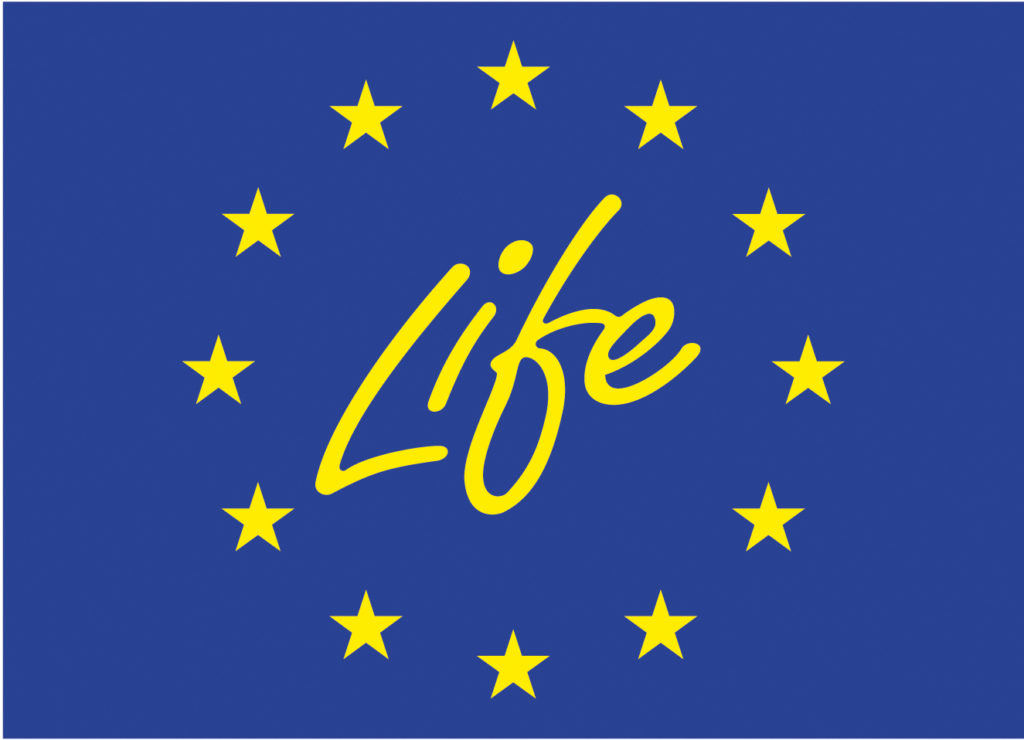
Are potatoes vegetables? What parts of the leek can be used? Is eating the whole fruit or drinking it in juice equally healthy? We answer these questions and others!
On the occasion of the International Year of Fruits and Vegetables, which just came to an end on 16 December 2022, the Public Health Agency of Catalonia has launched several actions to promote the consumption of fruit and vegetables. One such initiative is called “false beliefs about fruits and vegetables” and is an attempt to belie some myths about local fruits and vegetables by using educational videos. Watch them here:
Eating whole fruit, fruit juice, or smoothies is just as healthy: false!
How many times have you heard that fruit juice equals whole fruit? Tens of times, right? Well, it is false! We should limit the consumption of juices or smoothies, even if they are homemade, because they contain free sugars and little fibre. It is healthier to eat fruit whole, chopped, or crushed.
Fruit is fattening because it has a lot of sugar: false!
Just another myth! In addition to plenty of water, vitamins, minerals and fibre, fruits have their own sugars, which have no negative health effects. Eating fruit is very healthy. What we should reduce are the juices and sugars that the food industry or we, the consumers, add to food.
We should eat vegetables 3 or 4 times a week: no, much more!
You are completely wrong!
The recommendation is to eat a lot more vegetables: twice a day, minimum. We may consume vegetables for lunch or dinner, as breakfast and snacks or between the main meals.
Potatoes are vegetables too: no!
And now! Potatoes are tubercules grown in the vegetable garden, but this does not mean they are vegetables. Nutritionally, they are very different. Due to their richness in carbohydrates, they belong to the farinaceous group.
Eating fruit after the main course is not advisable: false!
How so? Fruit can be eaten at any time of the day, between meals and before or after meals. Our body can digest many foods at once. After all, all foods are made up of different substances and nutrients.
Fruit and vegetable consumption is unsustainable on an economic scale: false!
The price of fruit and vegetables is highly variable. However, generally speaking, seasonal produce is better value than non-seasonal produce. Also, if we buy less unhealthy products, we can spend more on fruit and vegetables.
Only the white part of the leek is good for eating: come on!
Nothing could be further from the truth! Leeks and many other vegetables have green fibrous parts that can be used in broth, stir-fries, sauces, fillings, etc. Let’s contribute to avoiding food waste!
Source: False beliefs about fruits and vegetables.
If you liked this content, share it on social networks. And come visit the Menja, Actua, Impacta [Eat, Act, Impact] exhibition.
It will not leave you indifferent!

